Anti-doping
Anti-doping
IBSA is fully committed to the fight against doping in sport, from testing and monitoring to education and promotion. As the governing body for a range of sports, we are a signatory of the World Anti-Doping Code.
Our own anti-doping rules and regulations are therefore fully compliant with the Code, and we work closely with the World Anti-Doping Agency to ensure we are doing as much as we can to support athletes and teams to make the right choices.
You can find more information about IBSA’s work on anti-doping, including documentation and downloads, elsewhere in this section.
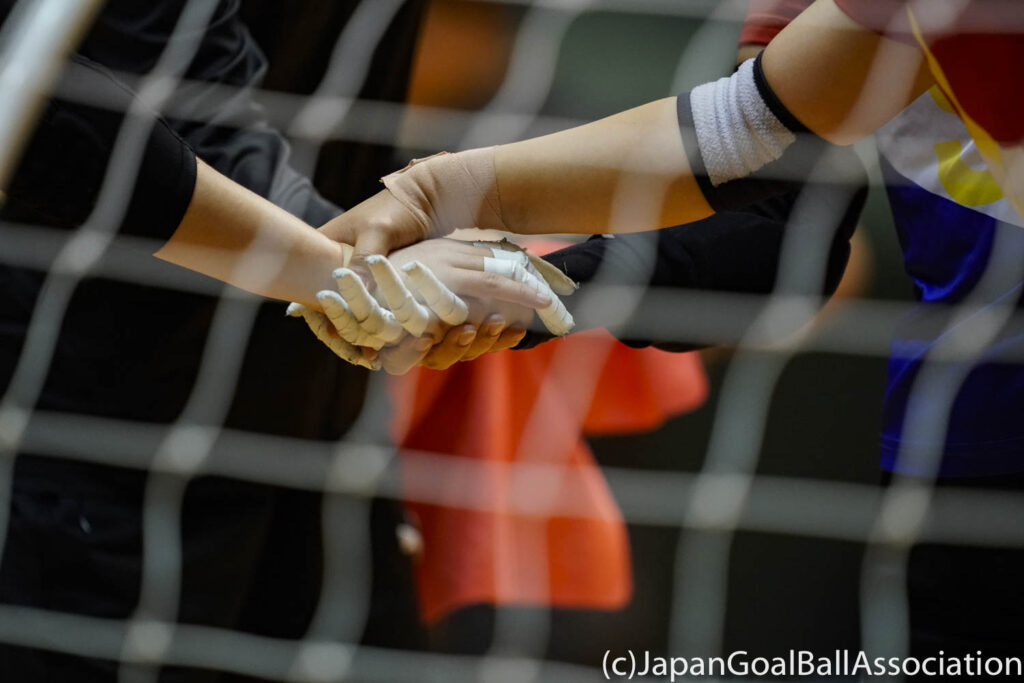
The spirit of sport
Doping is fundamentally contrary to the spirit of sport.
The anti-doping programme aims at preserving the intrinsic value of sport. This intrinsic value is often described as the “spirit of sport”, it is the essence of Olympism, the pursuit of human excellence through dedicated perfection of each person’s natural talents. It is how we play true. The spirit of sport is the celebration of the human spirit, body and mind and it is reflected in values we find in and through sport, including:
- ethics, fair play and honesty
- health
- excellence in performance
- character and education
- fun and joy
- teamwork
- dedication and commitment
- respect for rules and laws
- respect for self and others
- courage
- community and solidarity
The principle of Strict Liability
The principle of strict liability is applied in situations where urine/blood samples collected from an athlete have produced adverse analytical results.
It means that each athlete is strictly liable for the substances found in his or her bodily specimen, and that an anti-doping rule violation occurs whenever a prohibited substance (or its metabolites or markers) is found in bodily specimen, whether or not the athlete intentionally or unintentionally used a prohibited substance or was negligent or otherwise at fault.
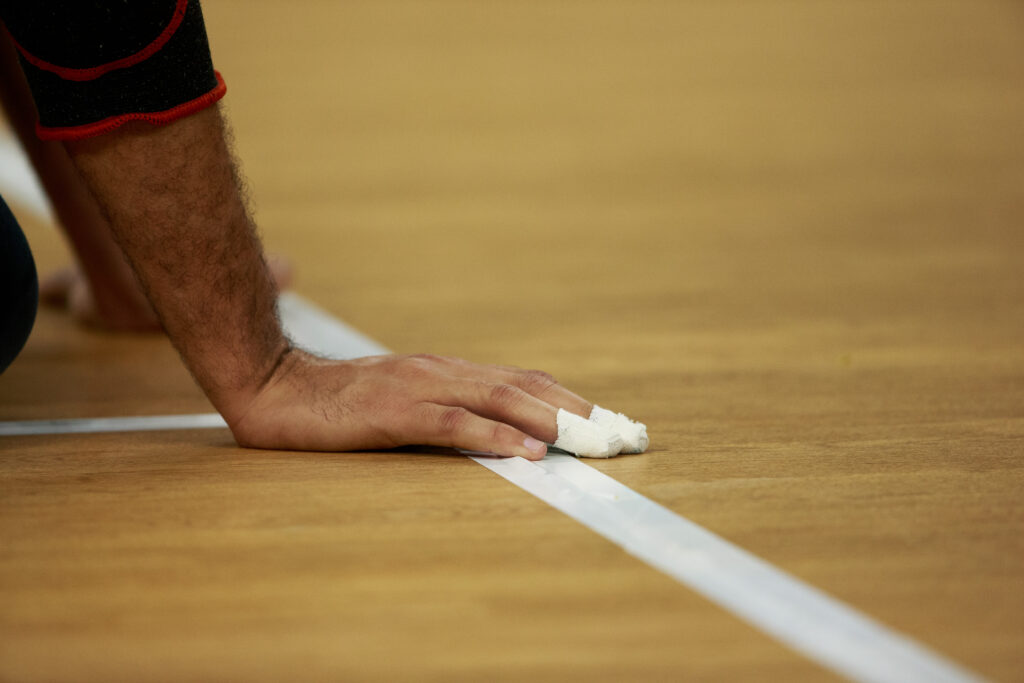
Anti-Doping Rule Violations
Anti-doping rule violations are not restricted to the use of prohibited substances and/or methods.
Apart from positive doping tests, any and all infringements below are considered to be infringements to the Anti-Doping Rules and are sanctioned by a suspension or another disciplinary sanction:
- Presence of a prohibited substance or its metabolites or markers in an athlete’s sample
- Use or attempted use by an athlete of a prohibited substance or a prohibited method
- Evading, refusing or failing to submit to sample collection by an athlete
- whereabouts failures by an athlete
- Tampering or attempted tampering with any part of doping control by an athlete or other person
- Possession of a prohibited substance or a prohibited method by an athlete or athlete support person
- Trafficking or attempted trafficking in any prohibited substance or prohibited method by an athlete or other person
- Administration or attempted administration by an athlete or other person to any athlete in-competition of any prohibited substance or prohibited method, or administration or attempted administration to any athlete out-of-competition of any prohibited substance or any prohibited method that is prohibited out of competition
- Complicity or attempted complicity by an athlete or other person
- Prohibited association by an athlete or other person
- Acts by an athlete or other person to discourage or retaliate against reporting to authorities
IBSA key documents
World Anti-Doping Agency key documents
Doping control forms (DCFs)
The World Anti-Doping Code as well as the International Standards for Testing and Investigations (ISTI) require DCFs to be submitted to WADA via ADAMS no later than 15 business days after sample collection.
Failure to do so will result in a declaration of non-compliance, in accordance with the ISO certified WADA process for non-compliance.
Anti-Doping Authorities that require assistance with the entry of the required information into ADAMS are invited to contact WADA via [email protected]
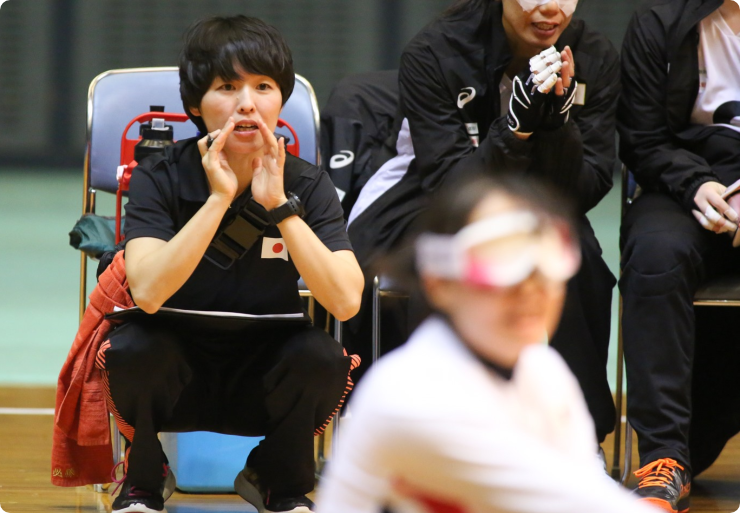
IBSA Anti-Doping Committee
The Anti-Doping Committee oversees IBSA’s activities. It helps coordinate testing, working with the sports and ensuring education takes place throughout the year.
Should you have any questions or need further clarification, please do not hesitate to contact [email protected]
Juliana Soares
Education Officer
Marcelo Patrício
Tue Chair
Halim Jebali
Tue Member
Georgia Cahill
Tue Member
Henry McKinner
Tue Member
Mohy El-Din Nail
Tue Member
Caio Medauar
Legal Advisor
Annual Statistics
Since 2020, during the COVID-19 pandemic years, many IBSA sports activities were cancelled and this led to a significant decrease in anti-doping tests. Although there was a decrease in the number of tests, IBSA tried to maintain, where possible, in competition testing and orient those tests towards quality including target testing in competition and specific analysis application when affordable.
Whereas only 20 in competition samples (including 2 blood tests) were collected in 2020 under the IBSA testing authority covering the active IBSA sports that year (Judo and Goalball within 2020 1st quarter), 2021 registered an IBSA anti-doping testing comeback under IBSA testing authorities with:
4 doping high risk level sports tested (Judo – Powerlifting – Goalball – Blind Football)
80 tests leading to 76 urine and 4 blood samples collection (including 3 Out of competition). All IBSA competitions leading to Paralympics 2020(+1) were covered
Minimum Levels of Specific Analysis per Sport were applied to all 3 Paralympic sports tests including high risk non paralympic sports.
For the next (shortened) Paralympic cycle (2022-2024), IBSA Anti Doping staff will strengthen the input, assuring IBSA Anti-doping Testing program consistency, in terms of quantity and quality in collaboration with anti-doping stakeholders from all IBSA Member countries.
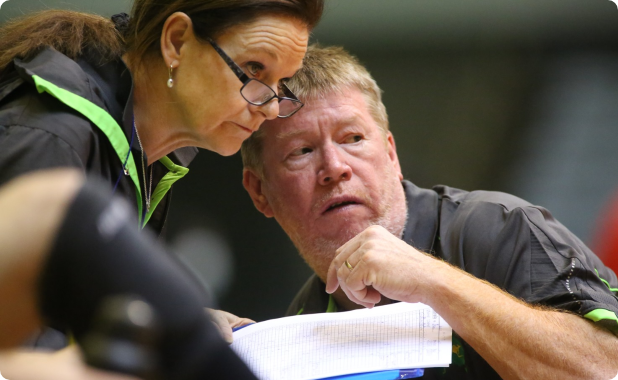
Annual Statistics
Check out the numbers of 2023 here.
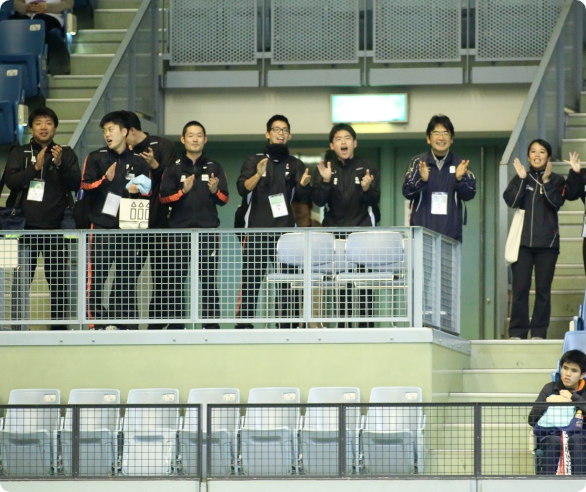
Communication on Privacy and Protection of Personal Information collected under IBSA Anti-Doping Program
International Blind Sport Association (IBSA) informs all partners and parties involved in the Anti-Doping Program (including IBSA athletes and their entourage) that its practices and procedures comply with international applicable rules on data privacy, including the International Standard for the Protection of Privacy and Personal Information.
IBSA, being an international para-sport federation, and thus the Anti-Doping Organization (ADO) in charge of fight against doping in blind and visually impaired para-sports, is liable, in the light of its missions, to collect personal information of various types (demographic, medical, regulatory information, etc…).
As part of its Compliance Program with the World Anti-doping Code, IBSA Anti-doping Committee undertakes to:
- Collect only personal data necessary for work procedures, as per applicable international standards including the International Standard for Testing and Investigations
- Use personal data only for the processing of applications or the needs of files related to the fight against doping, and share it only on a need-to-know basis
- Keep records only for the duration of the period when this is necessary as per the applicable regulations
- Share copies or versions only with the anti-doping or legally concerned staffs, including those of the World Anti-Doping Agency (WADA), Anti-Doping Organizations (ADOs) in other countries where the Participant could attend competitions, train or travel;
- Disclose publicly information collected within the IBSA Anti-Doping Program only if authorized by applicable regulations
- Respect the Participant’s rights related to personal information privacy as set out in the International Standards, including his right to file a claim,
- Ensure the confidential and fair treatment of personal data collected under the Anti-Doping Program, without discrimination of any kind.